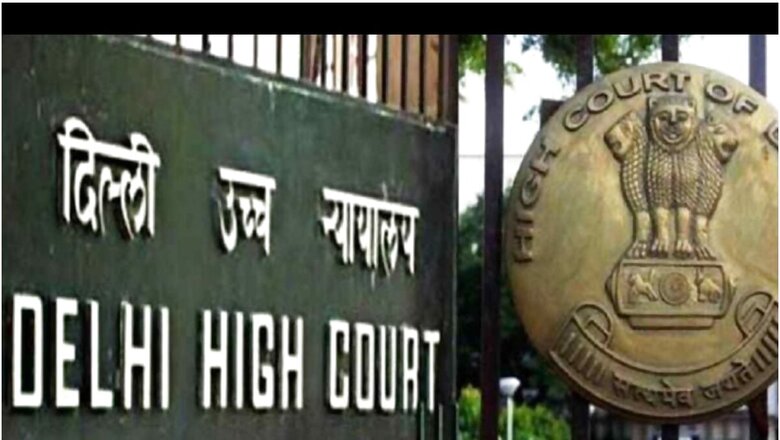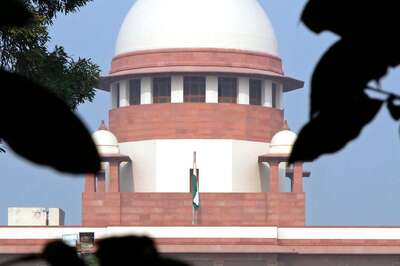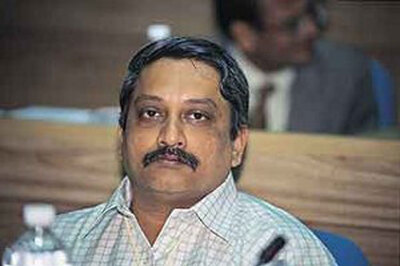
views
The Delhi High Court ruled on Tuesday that the Municipal Corporation of Delhi (MCD) cannot mandate commercial establishments such as the Pacific Metro Mall to provide free parking to visitors.
The court set aside an MCD order prohibiting the mall from levying parking fees, stressing that the Unified Building Bylaws for Delhi do not regulate a building’s use after its construction.
A division bench of Justice Vibhu Bakhru and Justice Amit Mahajan held that the Building Bylaws cover building norms and standards but do not monitor the use of buildings after construction.
It also stated that if buildings comply with the bylaws and are used as permitted, they fulfill the necessary criteria.
“The field covered by the Building Byelaws relates to building norms and standards for specified buildings in permissible zones. The said byelaws do not control or monitor any aspect of the use of building. Thus, if the buildings are constructed in accordance with the Building Bylaws and are used in accordance with the permissible use, the same are duly satisfied,” the bench said.
The counsel for MCD argued that allowing the mall to charge parking fees would lead to roadside parking and traffic congestion, which was rejected by the court.
The bench asserted that it is the responsibility of authorities to prevent parking in no-parking zones, and the municipal authority cannot interfere with a commercial establishment based on such grounds.
“We are not impressed by this contention. It is clearly for the concerned authorities to ensure that vehicles are not parked in no parking zones. Merely because the concerned authorities are finding it difficult to enforce traffic laws is clearly no ground for MCD to intrude into the functioning of a commercial enterprise and insist that parking be provided free of cost,” the court concluded.
The court was dealing with the case after the Pacific Metro Mall challenged a 2020 judgment by a single-judge bench, which upheld the MCD’s order. The single judge had reasoned that parking areas not included in the Floor Area Ratio (FAR) were for common enjoyment, and occupants were expected to maintain them collectively.
The division bench observed that the building bylaws focused on construction norms and did not address whether the use of spaces generated monetary benefits. It clarified that as long as areas were used for parking, charging fees were not misused.
The court highlighted that the parties did not identify any bylaw allowing MCD to direct the mall to provide free parking. It concluded that the MCD’s order amounted to expropriation without legal authority.
As a result, the court allowed the appeal, setting aside the single-judge’s judgment and the MCD order and affirming the commercial entity’s right to charge parking fees.

















Comments
0 comment